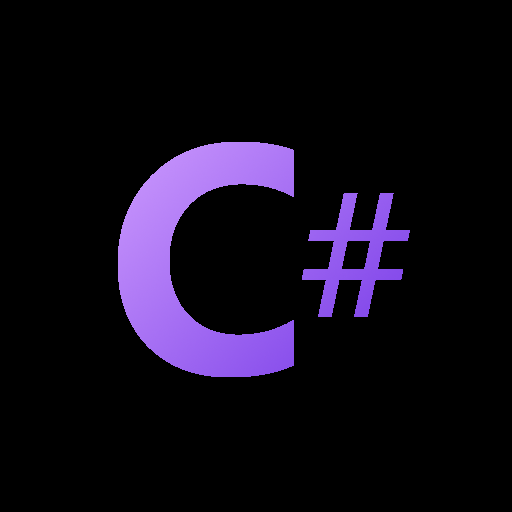I'm just a noob when it comes to low level languages, having only been in C# and python. But I took a course on C++ and encountered something that didn't seem right. And I asked and got the "that's undefined behavior". And that didn't quite sit tight with me. We don't know what will happen? It'll probably crash? Or worse? How can one not know how a programming language will perform? I felt it was wrong.
Now, it's quite some time since that happened, and I understand why it's undefined. But I still do not think it should be allowed by default. C and C++ both are "free to do as you want" languages, but I don't think a language should let you do something that's undefined especially if you aren't aware you're doing it. Everyone makes mistakes, even stupid ones. If we can make a place where undefined behavior simply won't happen, why not go there? If you need some special tricks, you can always drop the guard where you need it. I guess I'm just reiterating the article here though. But that's the point for me, if something can enforce "defined behavior" by default then I'd want that.




Adopting EVs is an important step imo. The primary achievement of going EV is reducing oil/gas use. Moving away from cars as a society is a separate goal that can happen alongside this. We can never make gas green, at best net zero. EVs on the other hand can be better, with electricity from renewable sources, to batteries made with better materials. Both things which are happening and actively being researched.
So we can make EVs much better environmentally, and reduce gas demand significantly alongside reducing car use. Because we won't just stop needing gas magically, so replacing that is important for any transition away from it in the grand scheme.